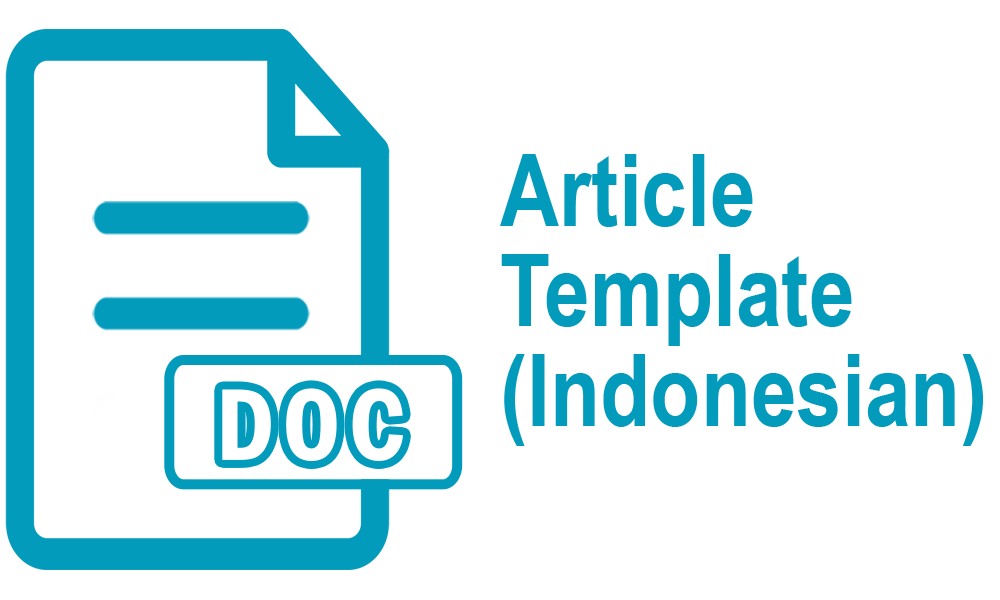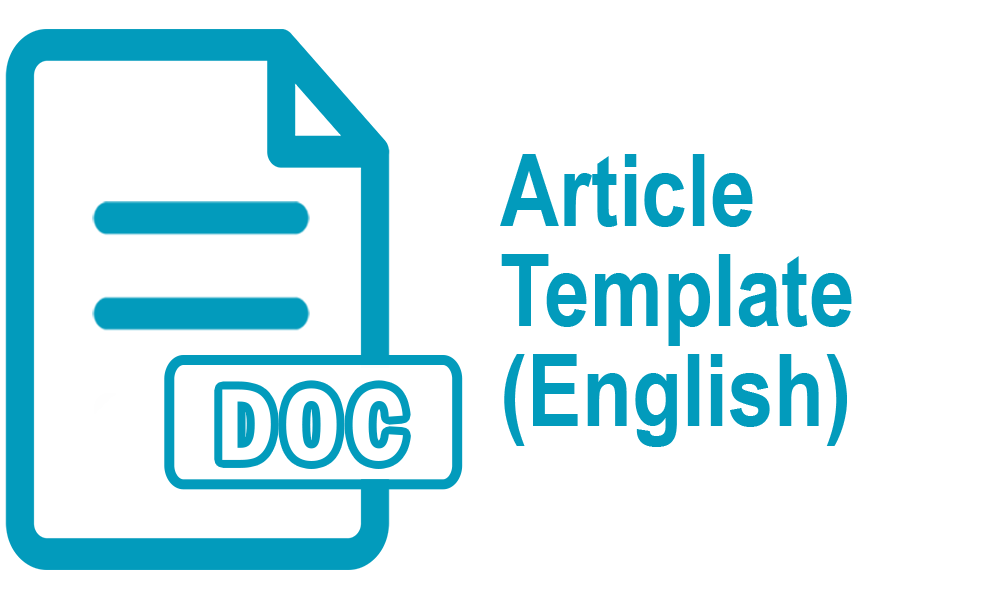AN ANALYSIS OF ILLOCUTIONARY ACTS IN YES, WE CAN SPEECH BY BARACK OBAMA
Abstract
ABSTRACT
Speaking is a form of communication used by human in order to delivering ideas, information, thoughts, and feeling. Speaking is not only about the sound, but also about the meaning and purpose behind the sound. There is a further study about the meaning and purpose of utterance from speaker, which is illocutionary act. The subject of illocutionary acts can be vary since speaking is the nature of human beings. Some people used speaking in bigger purpose, to influence other. Politician is one the profession which needs to influence people by speaking. One of the form to influence people from a politician is by performing a political speech. In 2008, a politician which lately be the 44th President of United States, Barack Obama, performed a primary speech to influence people in his campaign. Obama uttered his vision about America in the future which brings hope to the audiences. This study will focus on Barack Obama’s primary speech in 2008 entitled Yes, we can. The purpose of this study is to see the implication of illocutionary acts by finding the types that implied in the primary speech, and also to discover the dominant type of illocutionary acts on it. By find out the implications of illocutionary acts in the primary speech, people can sort the acts that Obama performed to avoid misunderstanding on the utterances. By discover the dominant type used in this primary speech, this study will try to show the outline of the speech. The result of this study will show the function and purpose of a political speech and to share more knowledge about the type of utterances used in a political speech.
Keywords: pragmatics, speech acts, speech, illocutionary acts
ABSTRAK
Berbicara merupakan bentuk komunikasi yang digunakan manusia guna menyampaikan ide, informasi, pemikiran, dan perasaan. Berbicara tidak hanya mengenai suara, tetapi juga tentang maksud dan tujuan dibalik suara. Terdapat sebuah kajian lebih dalam mengenai maksud dan tujuan dalam sebuah tuturan dari seorang pembicara, yaitu tindak ilokusi. Subjek dari tindak ilokusi terdiri dari beraneka ragam dikarenakan berbicara merupakan sifat alami manusia. Beberapa orang berbicara untuk tujuan yang lebih besar, yaitu untuk mempengaruhi orang lain. Politisi adalah salah satu profesi yang membutuhkan prosesi berbicara guna mempengaruhi orang lain. Salah satu cara untuk mempengaruhi orang-orang dari seorang politisi adalah dengan menyampaikan pidato politik. Pada tahun 2008, seorang politisi yang kemudian menjadi Presiden ke-44 Amerika Serikat, Barack Obama, menyampaikan pidato politik guna mempengaruhi orang-orang dalam kampanyenya. Obama menyampaikan visinya mengenai Amerika di masa depan dimana memberikan banyak harapan kepada para pendengarnya. Kajian ini akan berfokus pada pidato politik Barack Obama yang berjudul Yes, we can. Tujuan dari kajian ini adalah untuk melihat penerapan dari tindak ilokusi dengan cara menemukan tipe-tipe yang diterapkan dalam pidato politiknya, dan juga guna menemukan tipe tindak ilokusi manakah yang paling mendominasi dalam pidato tersebut. Dengan menemukan penerapan-penerapan tindak ilokusi di dalam pidato politik tersebut, orang-orang dapat memilah tindak tutur yang ditampilkan Obama guna mencegah kesalah-pahaman dalam memaknai tuturan. Hasil dari kajian ini akan menunjukkan fungsi dan tujuan dari sebuah pidato politik dan juga untuk berbagi pengetahuan lebih luas tentang tipe tuturan yang digunakan dalam sebuah pidato politik.
Kata kunci: pragmatik, tindak tutur, pidato, tindak ilokusi
Keywords
Full Text:
PDFReferences
Amora, Michael. Quantitative Vs. Qualitative Research – When to Use Which. Web source.
Austin, J. L. 1962. How To Do Things With Words. London: Oxford University Press.
Barack Obama’s New Hampshire Primary Speech. 8 January 2008. The New York Times.
Denzin, Norman K. (1978). The Research Act: A Theoretical Introduction to Sociological Methods. New York: McGraw – Hill.
Dlugan, Andrew. (2009). 5 Speechwriting Lessons from Obama’s Inaugural Speech. Web Source.
Gazdar, Gerald. (1976). Pragmatics: Implicature, Presupposition, and logical form. New York: Academic.
Hale, Jamie. The 3 Basic Types of Descriptive Research Methods. PsychCentral. Web source.
Halliday, M.A.K (1985). An Introductional to Functional Grammar. London: Edward Arnold
Hancock, B., Ockleford, E. & Windrige, K. (2007). An Introduction to Qualitative Research. Sheffield: NIHR Research Design Service.
Hudson, R. A. 1980. Sociolinguistics. United Kingdom: Cambridge University Press.
Kasper, Gabriele. (1997). “A” Stands for Acquisition: A Response to Firth and Wagner. The Modern Language Journal.
Kreidler, C. W. (1998). Introducing English semantics. London: Routledge.
Krippendorff, K. (1969). Models of messages: three prototypes. In G. Gerbner, O.R.
Holsti, K. Krippendorff, G.J. Paisly & Ph.J. Stone (Eds.), The analysis of communication content. New York: Wiley
Leech, Geoffrey. (1983). Principles of Pragmatics. London: Longman.
Mayring, Ph. (2000). Qualitative Inhaltsanalyse. Grundlagen und Techniken (7th edition, first edition 1983). Weinheim. DeutscherStudien Verlag.
Morris, Charles William. (1938). Foundations of the theory of signs. Chicago III: University of Chicago Press.
Nadeak, M. F., Sunggingwati, D., Valiantien, N. M. (2017). An analysis of illocutionary act and perlocutionary act of Judy Hopps' utterances in Zootopia movie (2016).
Ilmu Budaya, 1(4). Retrieved from http://e-journals.unmul.ac.id/index.php/JBSSB/article/view/713/721
Nazir, Mohammad. 1988. Metode Penelitian. Jakarta: Ghalia Indonesia.
Peccei, Jean Stiwell. 1999. Pragmatics. Cambridge University Press.
Rahayu, F. N., Arifin, M. B., Ariani, S. (2018). Illocutionary act in the main characters’ utterances in Mirror Mirror movie. Ilmu Budaya, 2(2). Retrieved from http://e-journals.unmul.ac.id/index.php/JBSSB/article/view/1065/970
Rose, Arnold M. 1967. The Power Structure: Political Process in American Society. London: Oxford University Press.
Satori, D. & Komariah, A. (2009). Metode Penelitian Kualitatif. Bandung: Alfabeta.
Searle, J. R. (1969). Speech Acts: an essay in the philosophy of language. Cambridge: University Press.
Searle, J. R. (1976). A Classification of Illocutionary Acts. Cambridge: University Press.
Searle, J. R., Vanderveken, D. (1985). Foundations of Illocutionary Logic. Cambridge: University Press.
Smith, Barr. (2003). John Searle: From speech acts to social reality. Cambridge: University Press
Sperber, & Wilson. (1986). Relevance: communication and cognition. Oxford: Basil Blackwell,
Subroto, Edy. (1992). Pengantar Metoda Penelitian Linguistik Struktural. Surakarta: Sebelas Maret University Press.
Thomas, Jenny. (1995). Meaning in Interaction: An Introduction to Pragmatics. London: Longman.
Thomas, Linda and Shan Wareing. (1999). Language, Society, and Power: An Introduction. London: Routledge.
"Transcript of Barack Obama Primary Speech". Web source.
"Transcript of Barack Obama First Presidential Inaugural Address". Web Source.
Wyse, Susan E. What is the Difference between Qualitative Research and Quantitative Research?. Web Source.
Yule, George. (1996). Pragmatics. New York: Oxford University Press.
DOI: http://dx.doi.org/10.30872/jbssb.v3i1.1596
Refbacks
- There are currently no refbacks.
Copyright (c) 2018 Eko Ridho Alreza, Muhammad Natsir, Nita Maya Valiantien
Editorial address:
Fakultas Ilmu Budaya, Universitas Mulawarman
Jl. Ki Hajar Dewantara, Gunung Kelua, Kec. Samarinda Ulu, Kota Samarinda, Kalimantan Timur, Indonesia 75123
Email: jurnalilmubudaya.fibunmul@gmail.com
Website: http://e-journals.unmul.ac.id/index.php/JBSSB
Ilmu Budaya: Jurnal Bahasa, Sastra, Seni, dan Budaya is licensed under a Creative Commons Attribution-ShareAlike 4.0 International License






